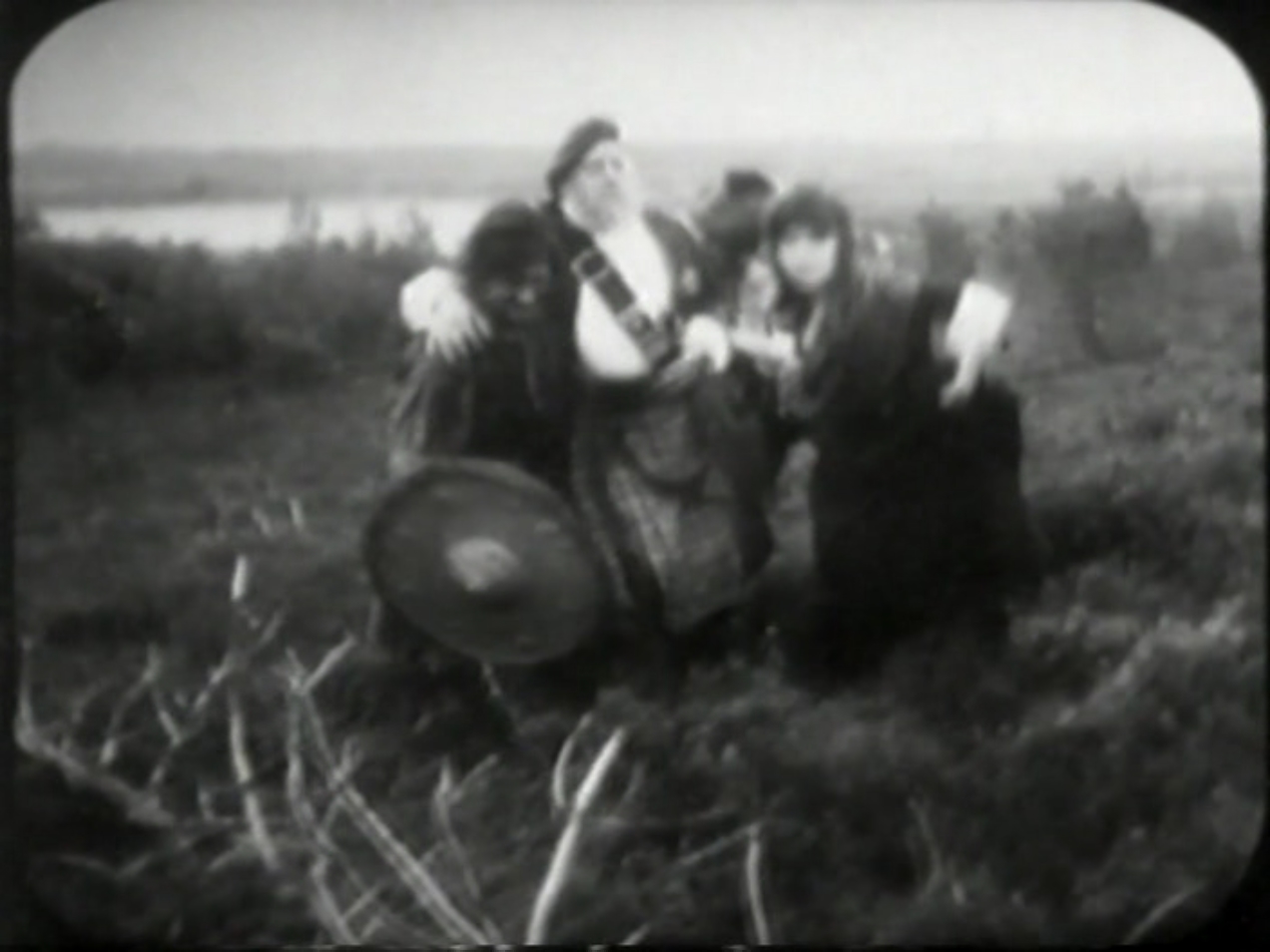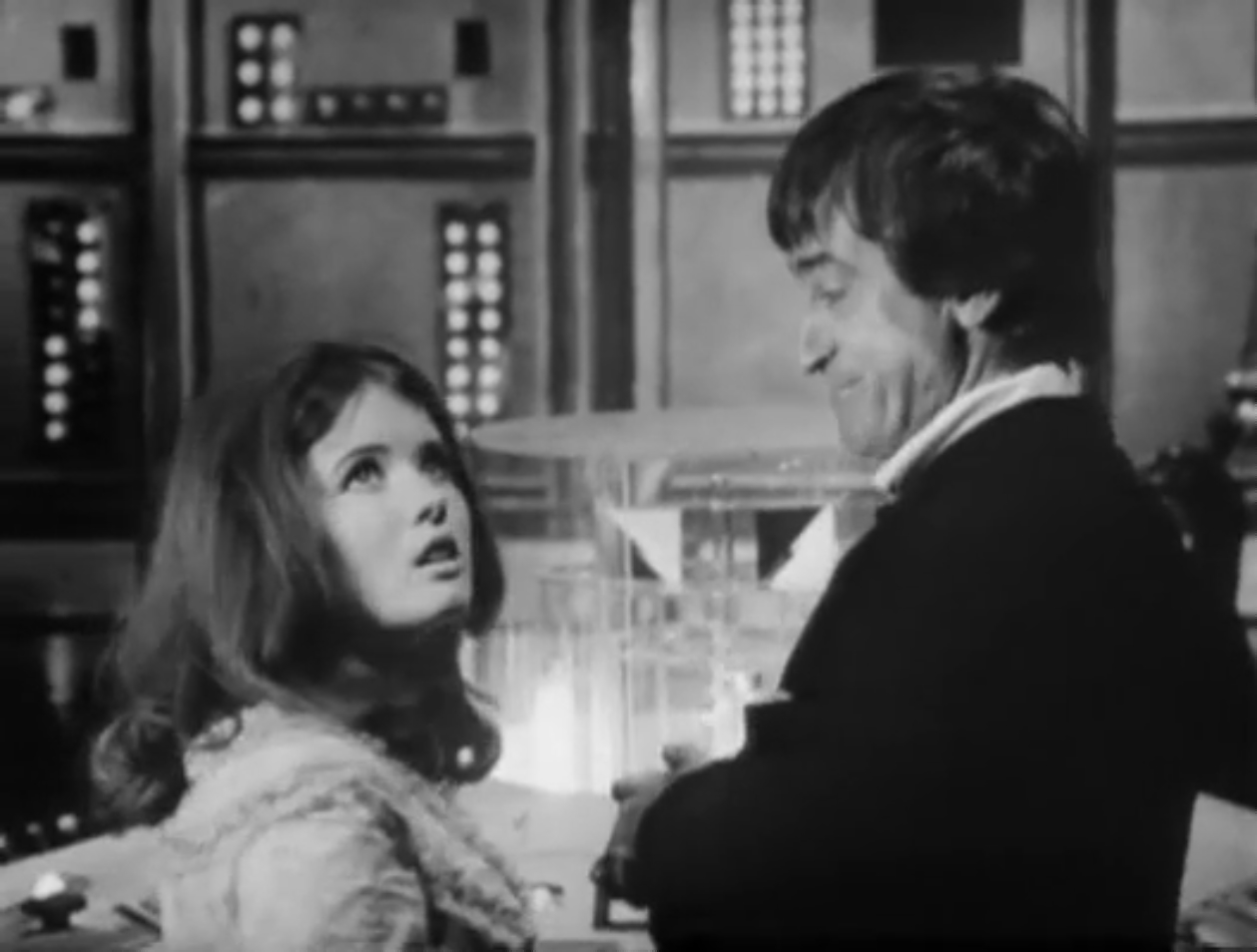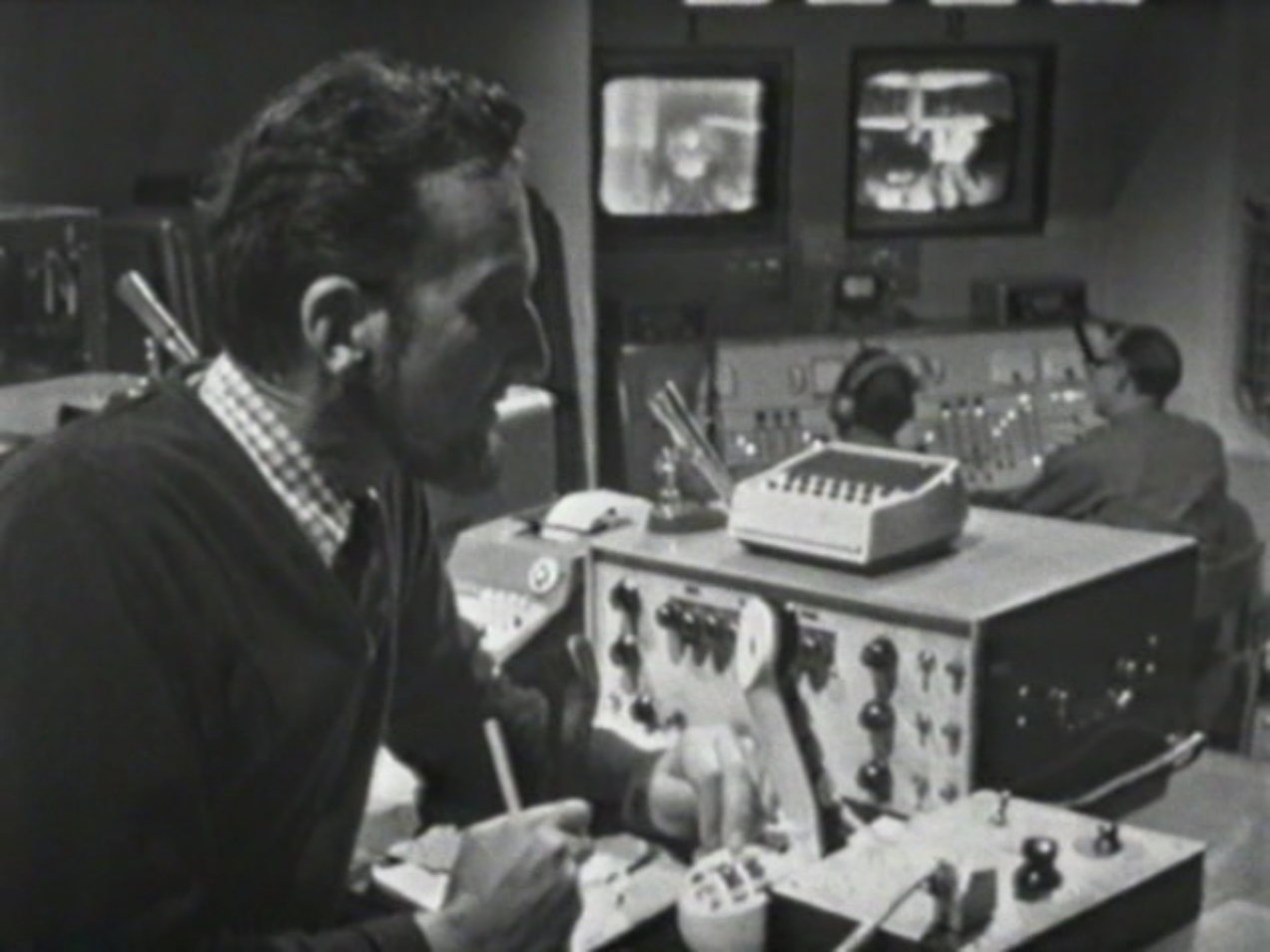
By Jessica Holmes
Happy new year, everyone! The last year of Doctor Who brought us some pretty big changes. Companions came and went, there was a musical episode (please tell me I didn’t hallucinate that), and we even saw a change of Doctor. Where shall we go next, I wonder?
The first story of the year (and the last of last year) is The Highlanders (written by Elwyn Jones and Gerry Davis), a historical tale set in… well, the Highlands of Scotland, funnily enough. Lovely place, though perhaps not so lovely in the time period of the story, 1746, at the tail end of the Jacobite rebellion.
SOME HALF-REMEMBERED HISTORY
How to quickly sum up the Jacobite uprising? Once upon a time, there was a king of England and Scotland called James. James II/VII if we’re being precise. James wasn’t very popular for complicated religious and political reasons, so he lost his job. He did at least get to keep his head, which is more than a lot of deposed monarchs can say. A few years down the line, his grandson Charles Edward Stuart, a.k.a. ‘Bonnie Prince Charlie’ started an uprising to reclaim the throne for his father, with the support of the Highland clans of Scotland. It did not go well. The British crushed Bonnie Prince Charlie’s army at the Battle of Culloden, and that was the end of that.
Here we pick up just after that fateful battle, when the dust is still settling…

Continue reading [January 8, 1967] So-So Historical, Delightful Doctor (Doctor Who: The Highlanders) →



![[September 24th, 1967] A Really Cool Story (<i>Doctor Who</i>: Tomb Of The Cybermen)](https://galacticjourney.org/wp-content/uploads/2022/09/660924dontsayit-672x372.jpg)
![[January 8, 1967] So-So Historical, Delightful Doctor (<i>Doctor Who</i>: The Highlanders)](https://galacticjourney.org/wp-content/uploads/2022/01/660108nicehat-672x372.jpg)

![[November 2, 1966] An Ending? (<i>Doctor Who</i>: The Tenth Planet)](https://galacticjourney.org/wp-content/uploads/2021/11/661102aaaaaaaa-672x372.jpg)
